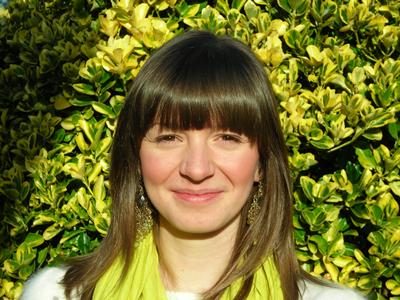Dr Louise Rayment PhD English
Visiting Fellow at the University of Southampton

Studying English at university helps you to develop a set of skills which will allow you to excel in a wide range of different careers
Where were you born? Where did you grow up?
I completed a BA in English and an MA in Renaissance and Early Modern Studies at Queen Mary, University of London, before moving to Southampton to study for my PhD.
What do you do now?
I am an academic. My work combines teaching at university level with conducting research into my area of specialism, which is Renaissance literature and performance. I am currently a Visiting Fellow in the School of English at Southampton, where I run a research network for early career academics working on Medieval and Renaissance manuscripts.
How did you get interested in English?
I originally chose to read English at undergraduate level because I wanted to pursue a career in press and marketing. I have also always loved theatre, and so whilst studying for my BA, I completed a couple of summer internships in the press and marketing departments of various theatres in London. I was lucky enough to be able to spend three months working at Shakespeare's Globe, which sparked my interest in sixteenth-century theatre and literature. Towards the end of my BA, I decided that I wanted to pursue research into this subject as a career, and went on to study for an MA in Renaissance Studies and then a PhD.
Why did you choose to study English at Southampton?
I chose to study for my PhD at Southampton because I wanted to work under the supervision of Professor Ros King, whose area of expertise is Renaissance performance.
What did you like most about your PhD programme?
Studying for a PhD at Southampton gave me the opportunity to work closely with a number of experts on the Medieval and Renaissance periods, not only in English, but also across different disciplines, including archaeology, history and music. There is a real sense of community between researchers across disciplines at Southampton, which I think benefits everyone's work. The individual support that I received throughout my PhD, both on academic and personal levels could not have been better.
Has studying English at Southampton helped you in your career?
The qualification of PhD is an extremely important starting point for an academic career, but more generally, the skills and the knowledge that I gained whilst studying in the School of English at Southampton now inform my teaching and my own research.
Would you recommend studying the subject to other people?
Yes, unreservedly. Studying English at university helps you to develop a set of skills which will allow you to excel in a wide range of different careers.